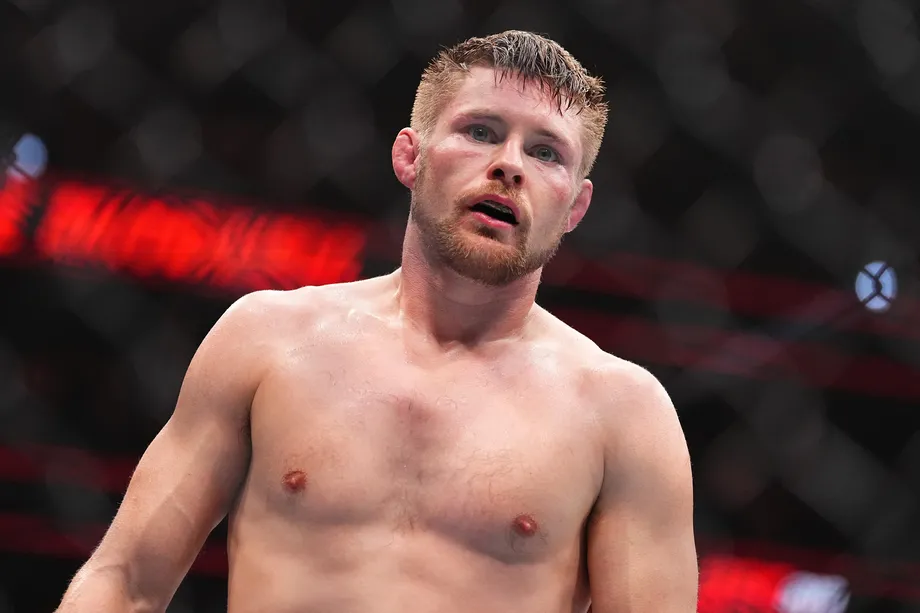
Free Speech or Financial Fallout? Dana White’s Gamble on Bryce Mitchell Could Cost UFC Millions

The MMA world is no stranger to controversy, but Bryce Mitchell’s recent podcast remarks have taken things to an entirely different level. The featherweight fighter made headlines by downplaying the atrocities of Adolf Hitler, forcing UFC CEO Dana White to respond. Clearly annoyed by the situation, White rattled off Holocaust statistics before dismissing Mitchell as an “absolute moron.
However, despite the backlash, Mitchell has faced no formal repercussions—no suspension, no release, not even mandatory sensitivity training. UFC’s stance appears to be that free speech reigns supreme in its modern era, leaving fighters to speak their minds, no matter how inflammatory.
This wasn’t always the case. In the past, UFC enforced a strict Code of Conduct, going so far as to terminate contracts over offensive jokes on social media. But as the promotion evolved—particularly under Endeavor’s ownership and ESPN’s lucrative contract—policies on fighter speech have seemingly relaxed. The question now is whether this laissez-faire approach will hold up in the face of financial stakes that are higher than ever.
UFC’s broadcast rights deal with ESPN is set to expire later this year, with speculation that Netflix might outbid the sports network for exclusive streaming rights. Such a deal could mean a financial windfall for UFC shareholders, but it also introduces new corporate oversight. Unlike ESPN, which has maintained a long-standing relationship with combat sports, a streaming giant like Netflix might have different expectations regarding brand image. If UFC becomes associated with controversial, hate-driven rhetoric, it could turn off potential bidders and advertisers alike.
At what point does the cost of unchecked free speech outweigh the supposed benefits? If just one major broadcasting partner walks away due to incidents like this, it could cost UFC millions. Likewise, sponsors who pay top dollar for premium exposure may reconsider if the brand starts resembling a haven for controversy rather than a premier combat sports league
Dana White may not care about what fighters say outside the cage, but UFC is still a business at the end of the day. The real question isn’t whether Bryce Mitchell deserves punishment—it’s whether the company can afford to ignore these controversies when its financial future hangs in the balance.